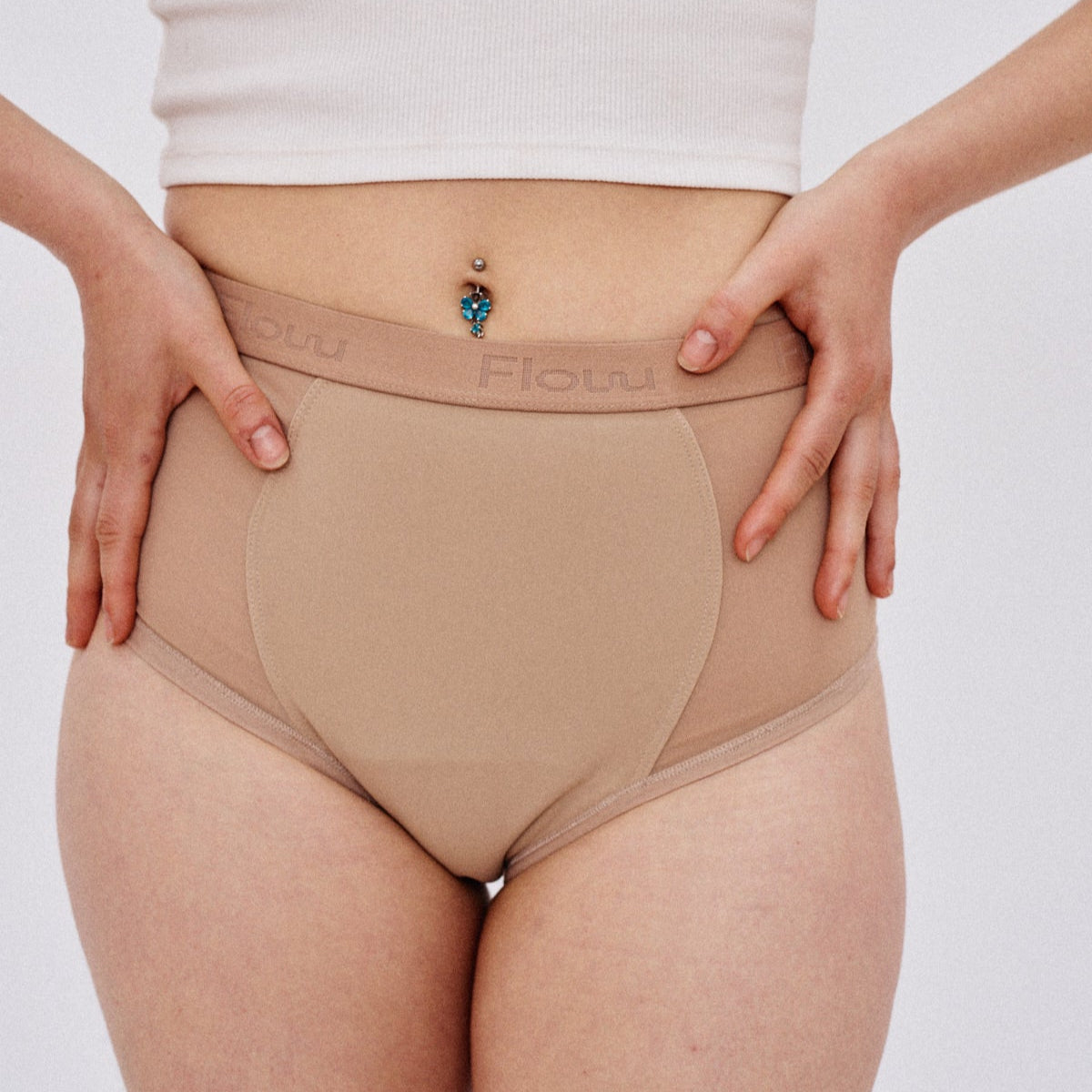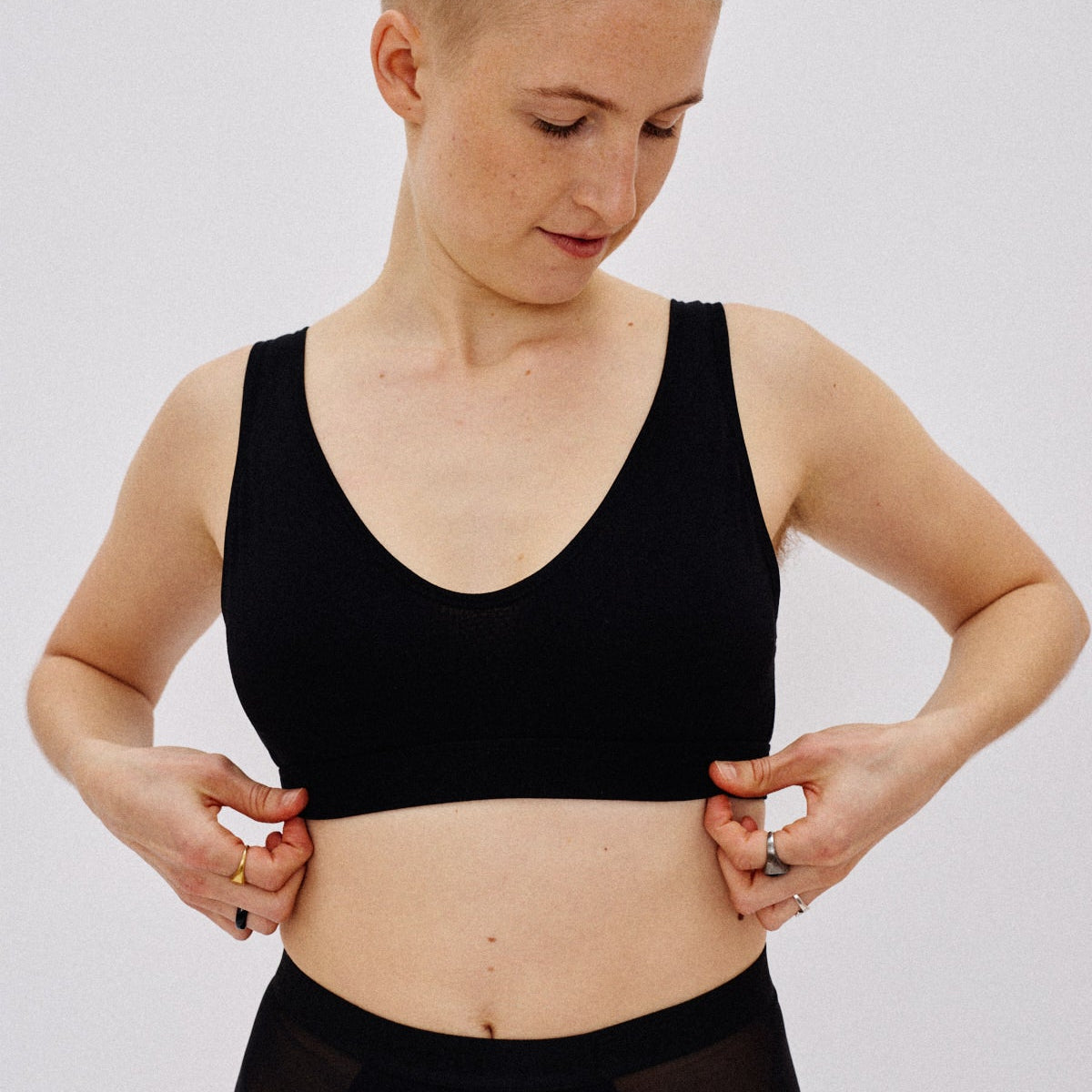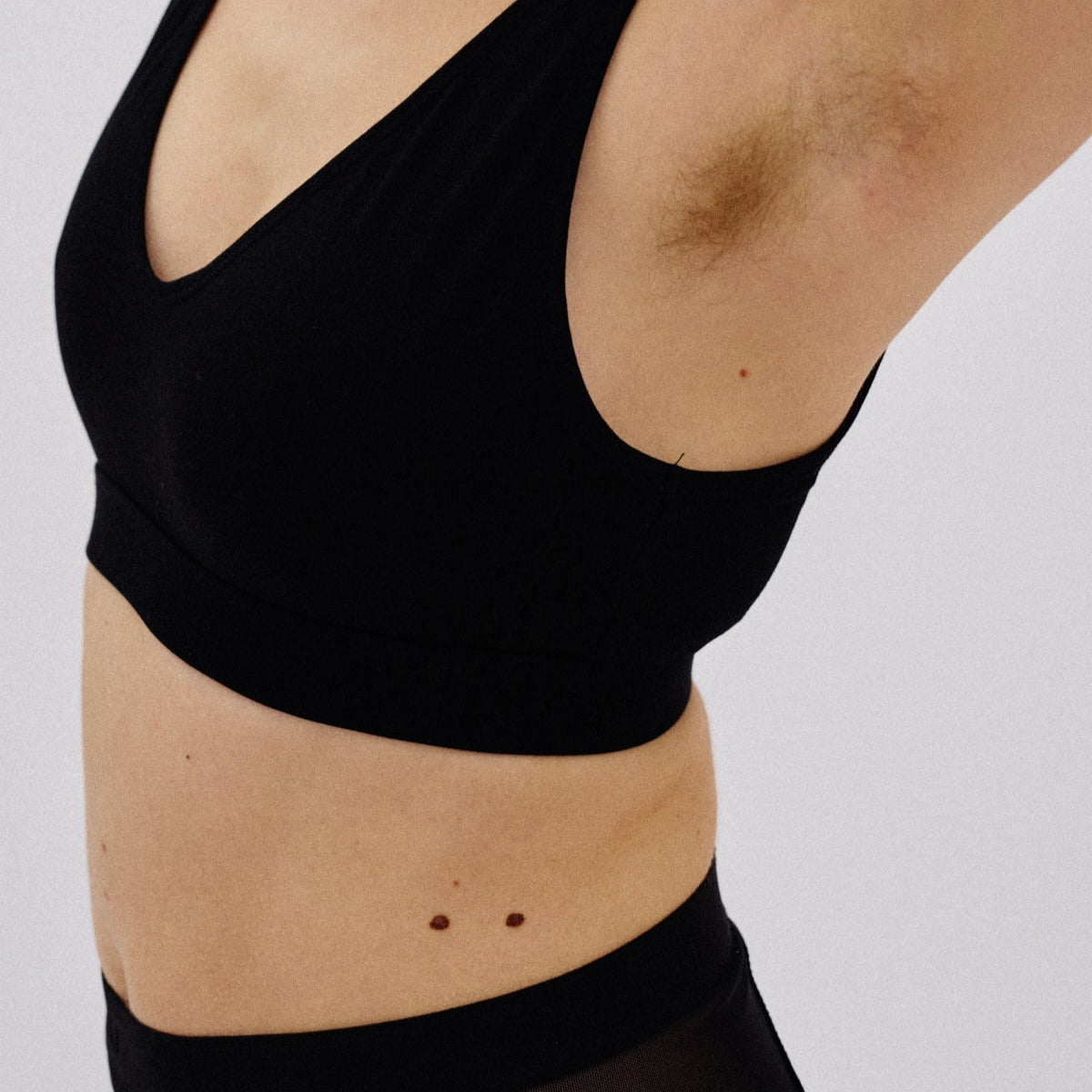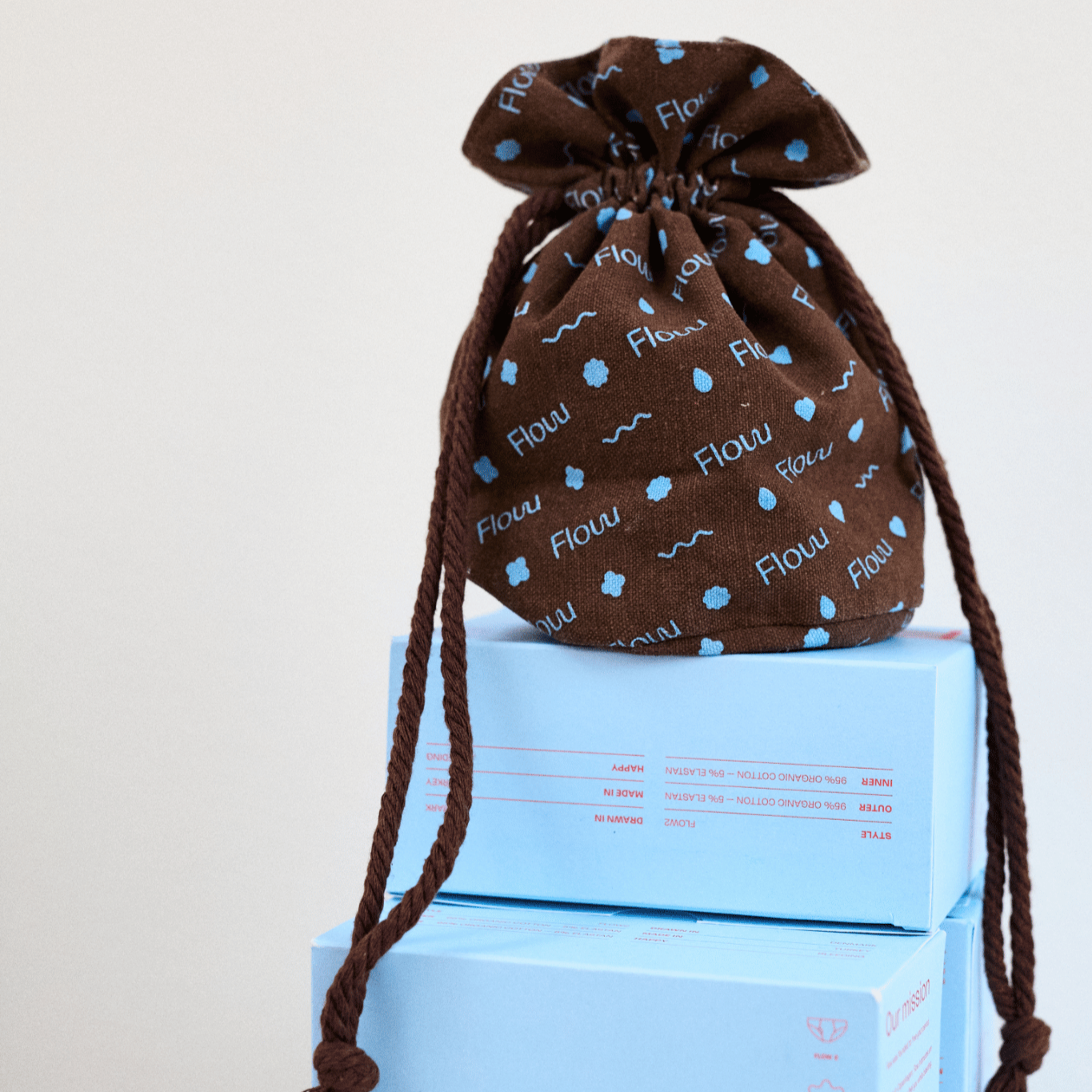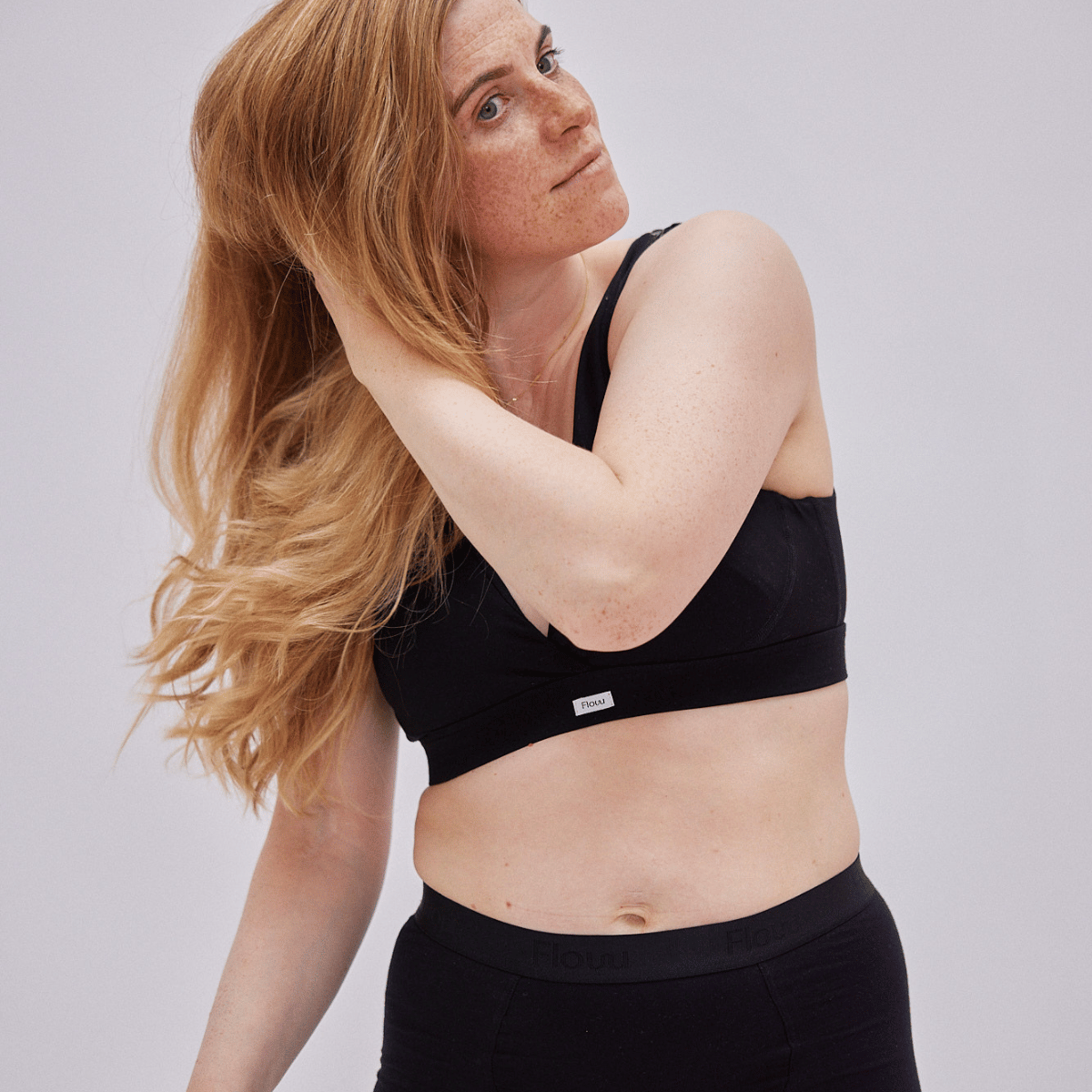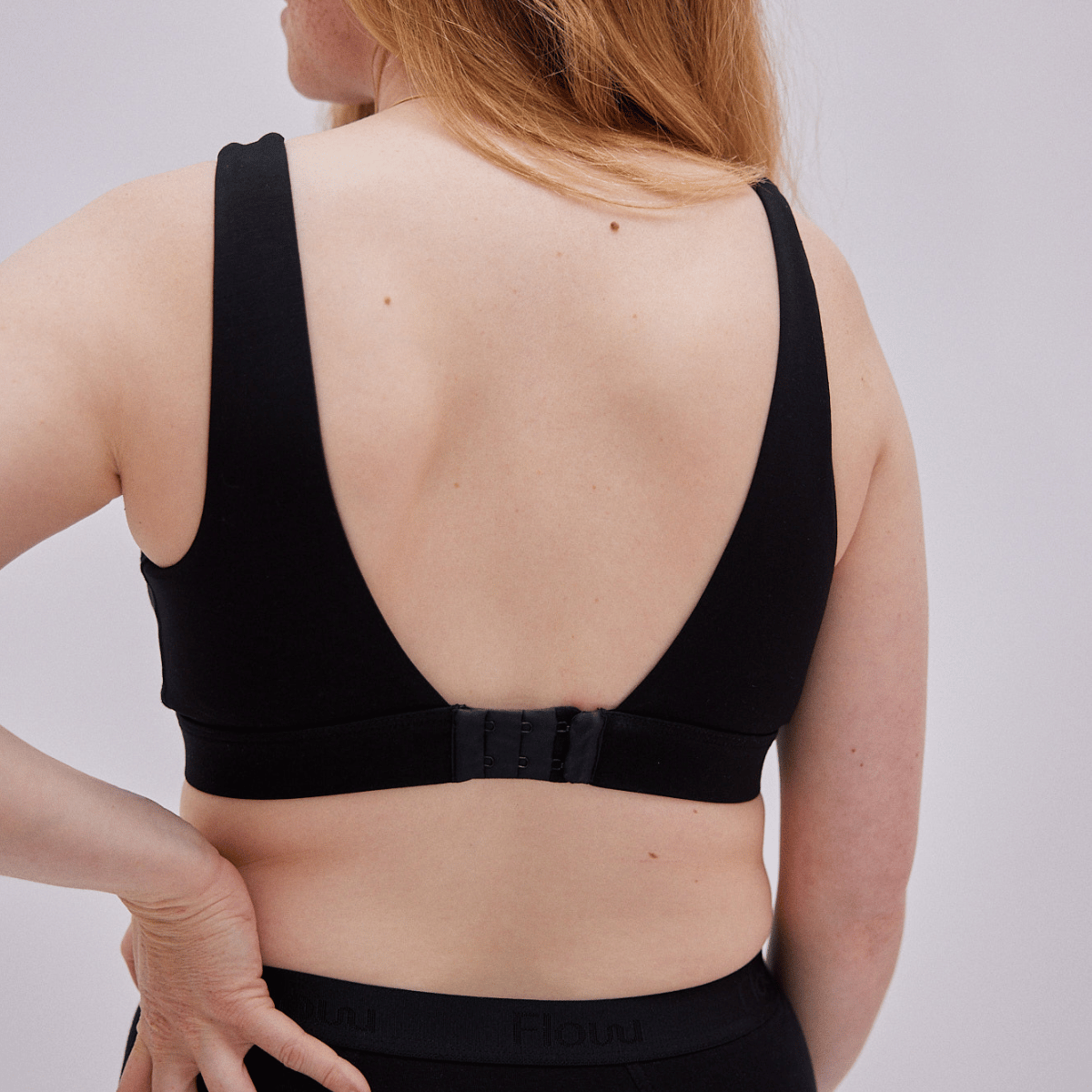How does menstruation affect my sleep quality?

It may well be that you can sleep well through your bleeding days. But there is also a certain risk of you tossing and turning, waking up feeling like you've passed out, or perhaps needing to go to the bathroom in the middle of the night.
According to studies, more than one in two of us experience decidedly poor sleep during our period. And when it also happens on a monthly basis, it can have an effect on our well-being, mood, concentration and immune system.
What can you do to sleep better?
There are those who are really sleep geeks - sleep with bracelets or rings that can track their heart rate and sleep patterns. And that's one way to do it; biohacking . But there are also some simple ways to go, which are probably sensible for most people:
- Go to bed early - and stick to the same time every night. Regularity helps the body so that it can find out when the melatonin, the sleep hormone, should be activated.
- Put the phone, ipad, computer away in good time. The blue light (which the brain perceives as daylight) from the screens prevents melatonin from kicking in, so you miss out on the body's natural way of calming itself down. If you need something to fall asleep to, consider an audiobook or podcast.
- Wrap yourself in a hot water bottle - it is both calming for the body, but it also helps with menstrual pain, which can certainly also keep you awake.
- Sleep in your period panties - this is actually where they really earn their badge of honor. They stay where they are, they are soft and nice - huge game changer for the nights of bleeding.
- Consider sleeping in a different position than you normally do. If you sleep on your back or especially on your stomach, there is extra pressure on the intestines and muscles, and this can generate more irritation and pain. Try sleeping on your side - a little fetal position <3
- Go for a walk in the evening. A little exercise and movement can really help with menstrual pain and make the body naturally more tired.
- IF you can fathom it: An orgasm. During the orgasm, the brain releases the happiness hormone oxytocin into the body, which has a pain-relieving and relaxing effect; which you may have heard about or experienced from births.

Sleep well, zzzz…
Sources: sundhed.dk




